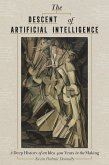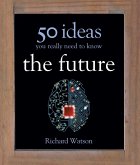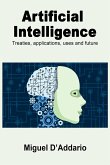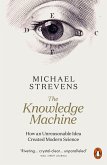The Industrial Revolution marked a major turning point, with the introduction of steam-powered machines transforming entire industries. Factories no longer relied on human or animal power but instead used engines to drive production at a scale never before seen. Steam engines powered trains, ships, and factories, fueling the growth of urban centers and creating an interconnected world.
The invention of the internal combustion engine brought another leap forward, enabling the development of automobiles, airplanes, and modern industry. These engines, more efficient and mobile than their steam-powered predecessors, became the driving force behind the 20th century's technological boom. Mass production, transportation, and global trade were revolutionized by these engines of progress.
As machines advanced, so did the desire to automate tasks. The 20th century saw the rise of robotics, with machines capable of performing repetitive and dangerous tasks in factories. Automation spread across industries, improving efficiency and productivity while reducing the need for manual labor. In parallel, computers evolved from simple calculating machines to complex systems capable of controlling these automated processes.
Today, machines are more than mechanicalthey are intelligent. Artificial intelligence and machine learning have ushered in an era where machines can adapt, learn, and make decisions. These innovations are transforming fields such as healthcare, manufacturing, and even creative industries. Robots are no longer confined to factories; they are entering homes, hospitals, and offices, shaping the future of work and society.
As AI and automation continue to evolve, the future holds even more possibilities. Self-driving cars, robotic surgeons, and fully automated industries are just the beginning. The relentless march of innovation ensures that machines will continue to redefine what is possible, pushing the boundaries of human potential.
Dieser Download kann aus rechtlichen Gründen nur mit Rechnungsadresse in A, B, CY, CZ, D, DK, EW, E, FIN, F, GR, H, IRL, I, LT, L, LR, M, NL, PL, P, R, S, SLO, SK ausgeliefert werden.









